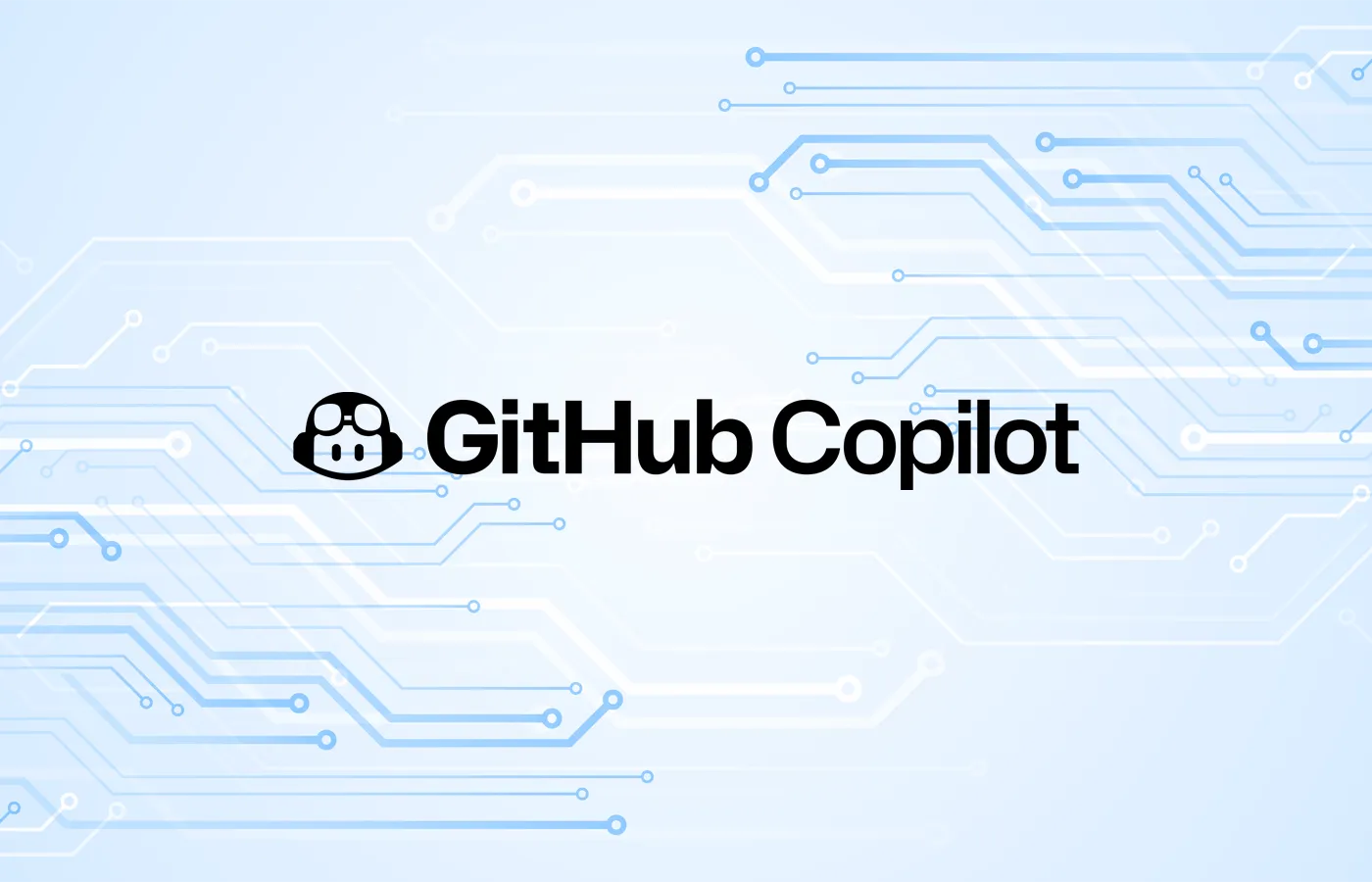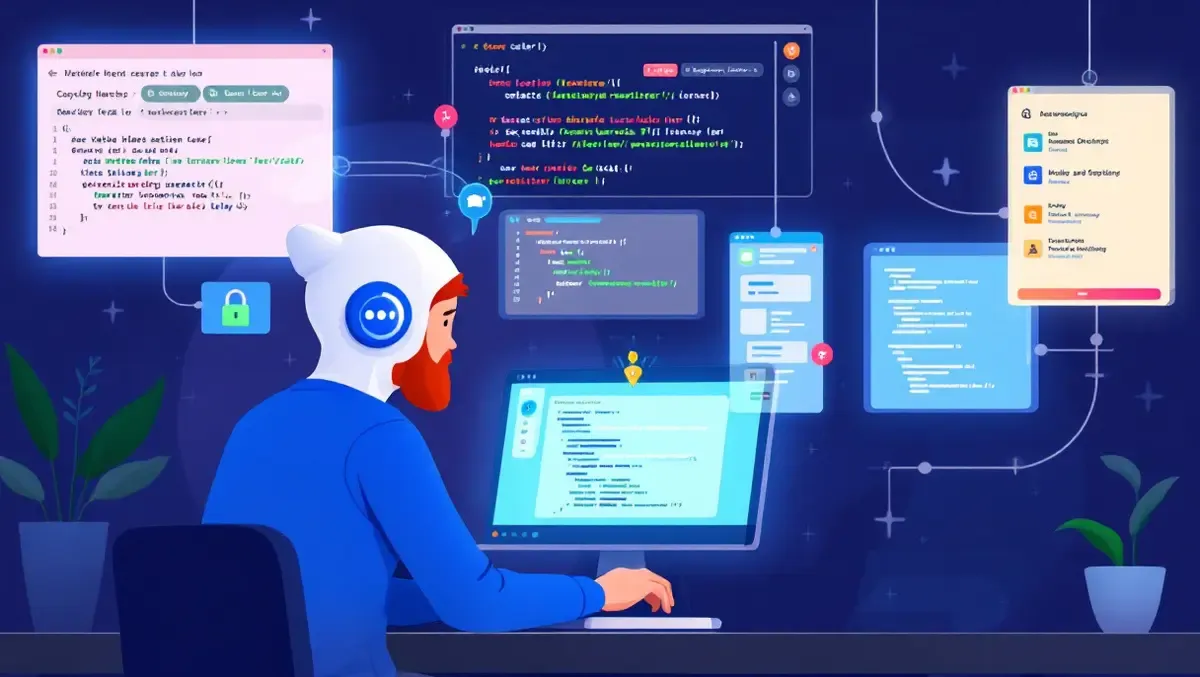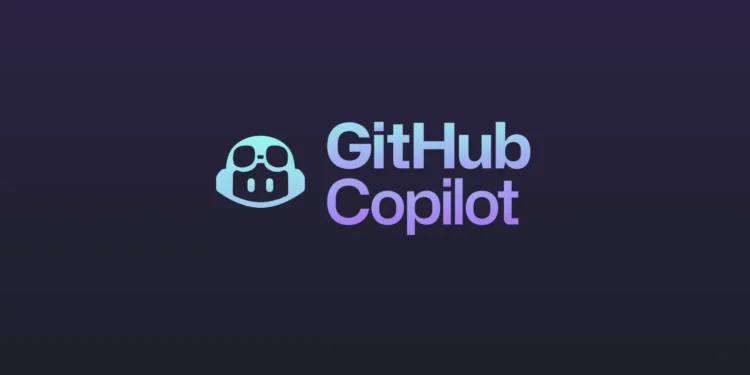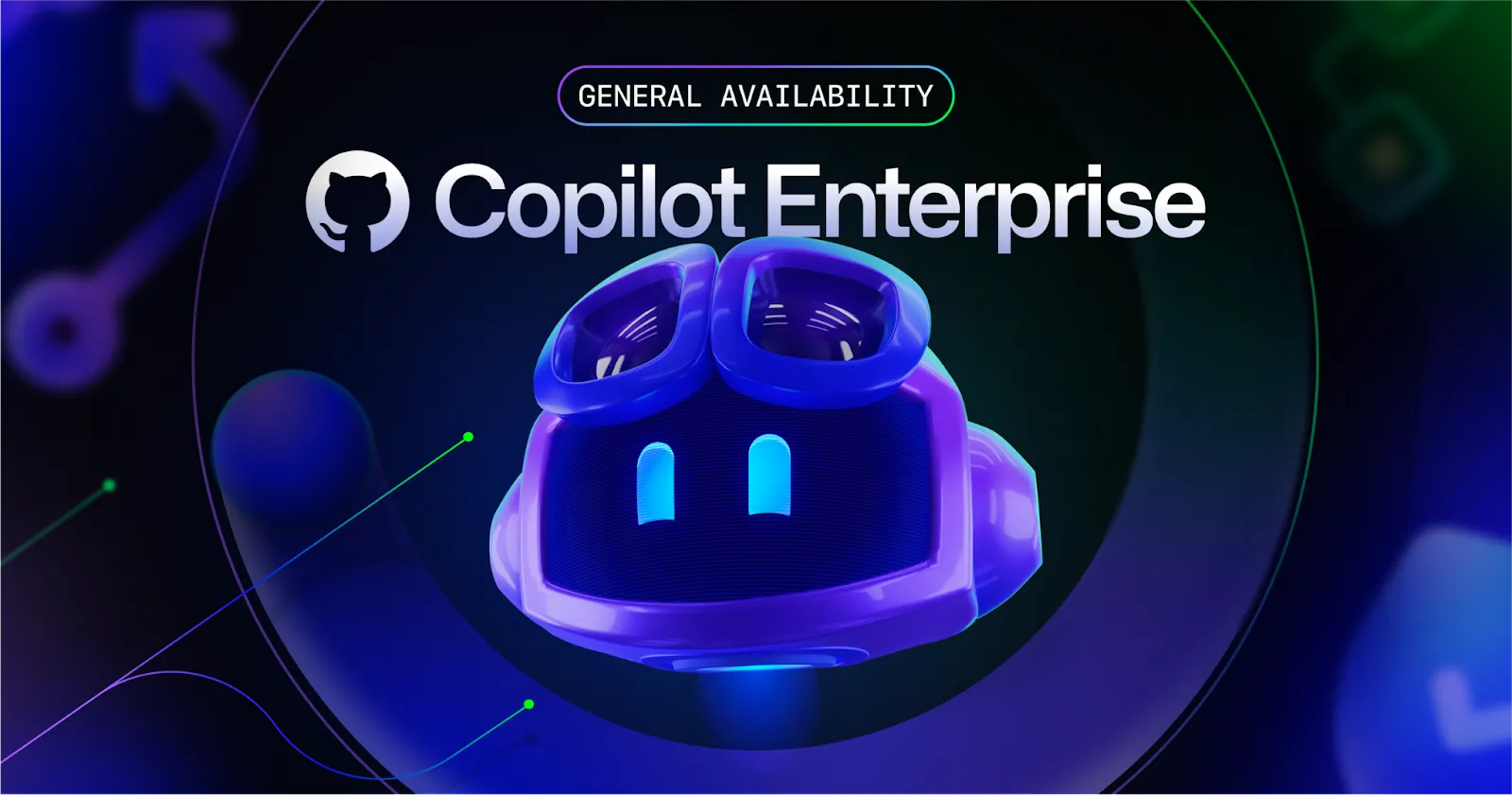In an exciting new development at the intersection of artificial intelligence and software engineering, GitHub has unveiled a groundbreaking AI coding agent that promises to transform how developers approach tasks like bug fixing, feature development, and documentation. This innovative tool, which is seamlessly integrated into GitHub Copilot, has the potential to significantly enhance productivity for developers of all levels.

This AI coding agent, introduced during Microsoft’s Build event, is designed to work autonomously, eliminating the need for developers to micromanage every aspect of the coding process. By allowing the agent to take charge once a task is assigned, developers can free up valuable time to focus on more complex aspects of their projects.
How Does GitHub’s AI Coding Agent Work?
GitHub’s new AI coding agent offers a detailed, efficient process for improving software code. Here’s how it works:
- Task Assignment: Once a developer assigns a task to the AI agent, it springs into action. Whether it’s fixing bugs, adding new features, or improving the documentation, the agent can handle a wide array of development-related jobs.
- Virtual Machine Boot and Repository Cloning: The agent doesn’t just work with a developer’s existing setup; it actually boots up a virtual machine and clones the relevant repository. This allows it to analyze the entire codebase with full access, ensuring it can make comprehensive updates to the code.
- Automatic Updates and Session Logs: As the agent works, it automatically saves its changes, tracking every modification with detailed session logs. These logs provide a clear rundown of the agent’s reasoning, so developers can follow along with its decisions and understand the changes made.
- Review and Feedback: Once the agent completes its task, it tags the developer for review. The developer can then leave comments, which the agent will automatically address, further streamlining the process.
-
Revolutionizing development with AI assistance
This seamless integration is designed to enhance not only the productivity of the development process but also to reduce the manual labor involved in maintaining and updating codebases.
Enhancing Collaboration with AI: Contextual Understanding
One of the standout features of GitHub’s AI coding agent is its ability to incorporate context from related discussions, such as issues and pull requests (PRs). This allows the agent to understand not only the technical requirements of a task but also the underlying goals and objectives behind it. By taking into account custom repository instructions and coding standards, the AI agent can deliver a solution that aligns with the specific needs and goals of the project.
GitHub explains, “The agent also incorporates context from related issue or PR discussions and follows any custom repository instructions, allowing it to understand both the intent behind the task and the coding standards of the project.” This contextual awareness sets GitHub’s AI agent apart from many of its competitors, ensuring that the results are more precise and aligned with team goals.
A Competitive Landscape: AI Coding Agents from Google and OpenAI
GitHub isn’t the only major player in the AI coding space. Other tech giants have also revealed their own AI coding agents, adding a competitive edge to the industry.
- Google’s Jules: In December, Google unveiled its own AI coding agent named Jules, designed to assist developers with code-related tasks.
- OpenAI’s Codex: Just last week, OpenAI introduced Codex, a coding agent built into ChatGPT that promises to revolutionize the coding experience.
New AI tool boosts productivity
However, GitHub’s integration of its AI agent into Copilot—its popular AI-powered development tool—provides a seamless experience for developers who are already familiar with GitHub’s environment. This familiarity could give GitHub a competitive advantage over other coding assistants in the market.
A Game-Changer for Developers Using Copilot
For developers who are already using GitHub Copilot, the new AI agent represents a powerful enhancement to their workflow. The feature is currently available to Copilot Enterprise and Copilot Pro Plus users, accessible via GitHub’s site, mobile app, and GitHub’s Command Line Interface (CLI) tool.
Additionally, GitHub’s move to open-source Copilot in Visual Studio Code marks a significant step in empowering developers to build upon and customize Copilot’s AI capabilities. This flexibility is likely to drive even greater innovation within the developer community.
Looking Toward the Future
With the introduction of GitHub’s AI coding agent, the landscape of software development is poised for a major shift. The ability to offload repetitive tasks like bug fixing, feature addition, and documentation enhancement to an AI agent will undoubtedly free up developers to focus on the more creative and complex aspects of their work.

In an era where efficiency and productivity are paramount, GitHub’s AI coding agent offers a clear path forward for developers looking to streamline their workflow and stay ahead of the curve. With its combination of technical prowess, contextual understanding, and integration into existing workflows, GitHub’s latest innovation is set to become an indispensable tool in the developer’s toolkit.
The introduction of GitHub’s AI coding agent marks a major milestone in the evolution of software development. By leveraging the power of artificial intelligence, GitHub is making it easier than ever for developers to focus on what truly matters—writing great code. Whether you’re working on a large enterprise project or a smaller personal endeavor, this new AI tool has the potential to transform how you approach coding tasks.
As the AI coding revolution continues, GitHub is positioning itself as a leader in the space, with its deep integration into Copilot and plans for future open-source development. For developers, the future has never looked so efficient, intuitive, and exciting.












